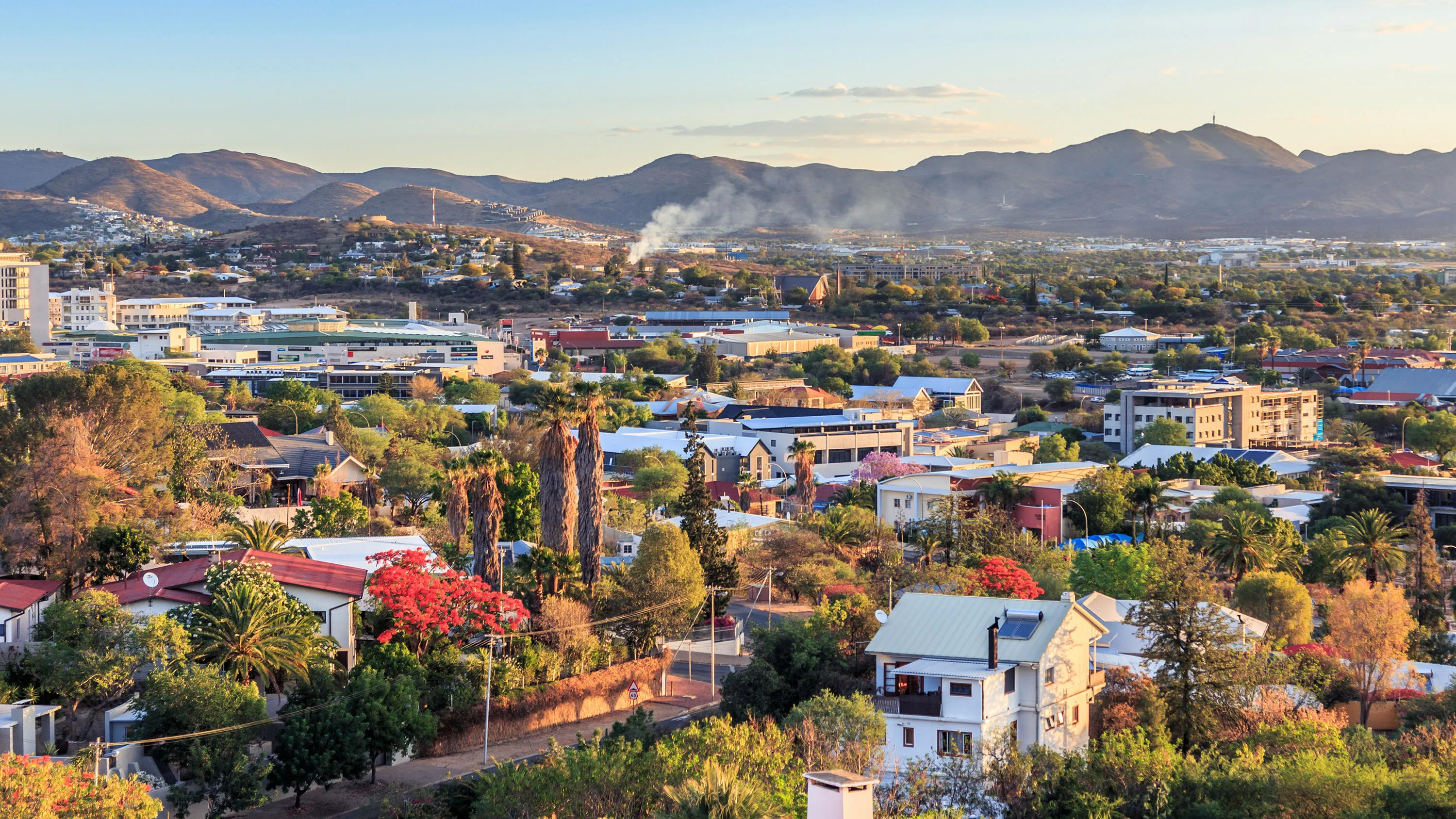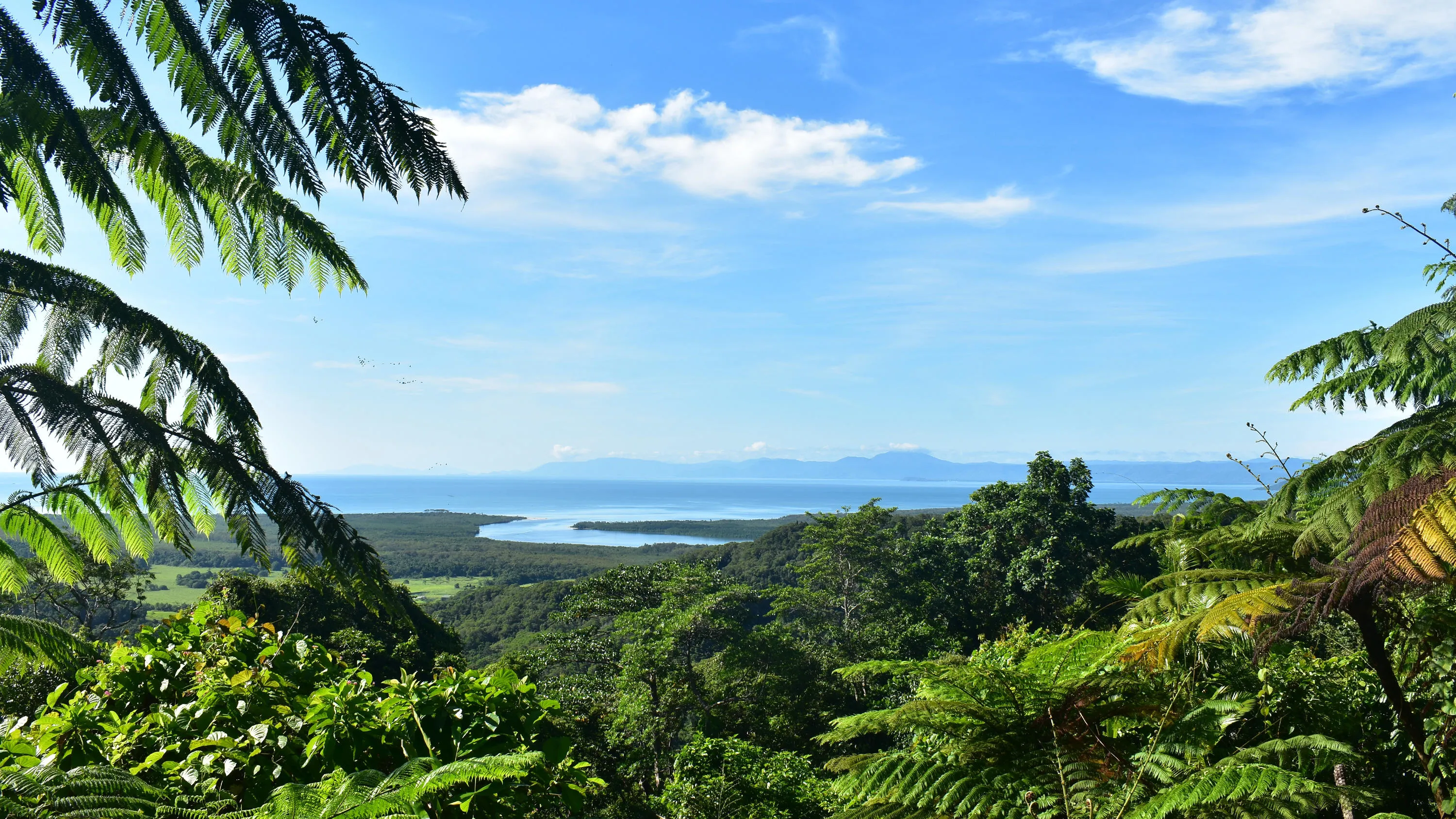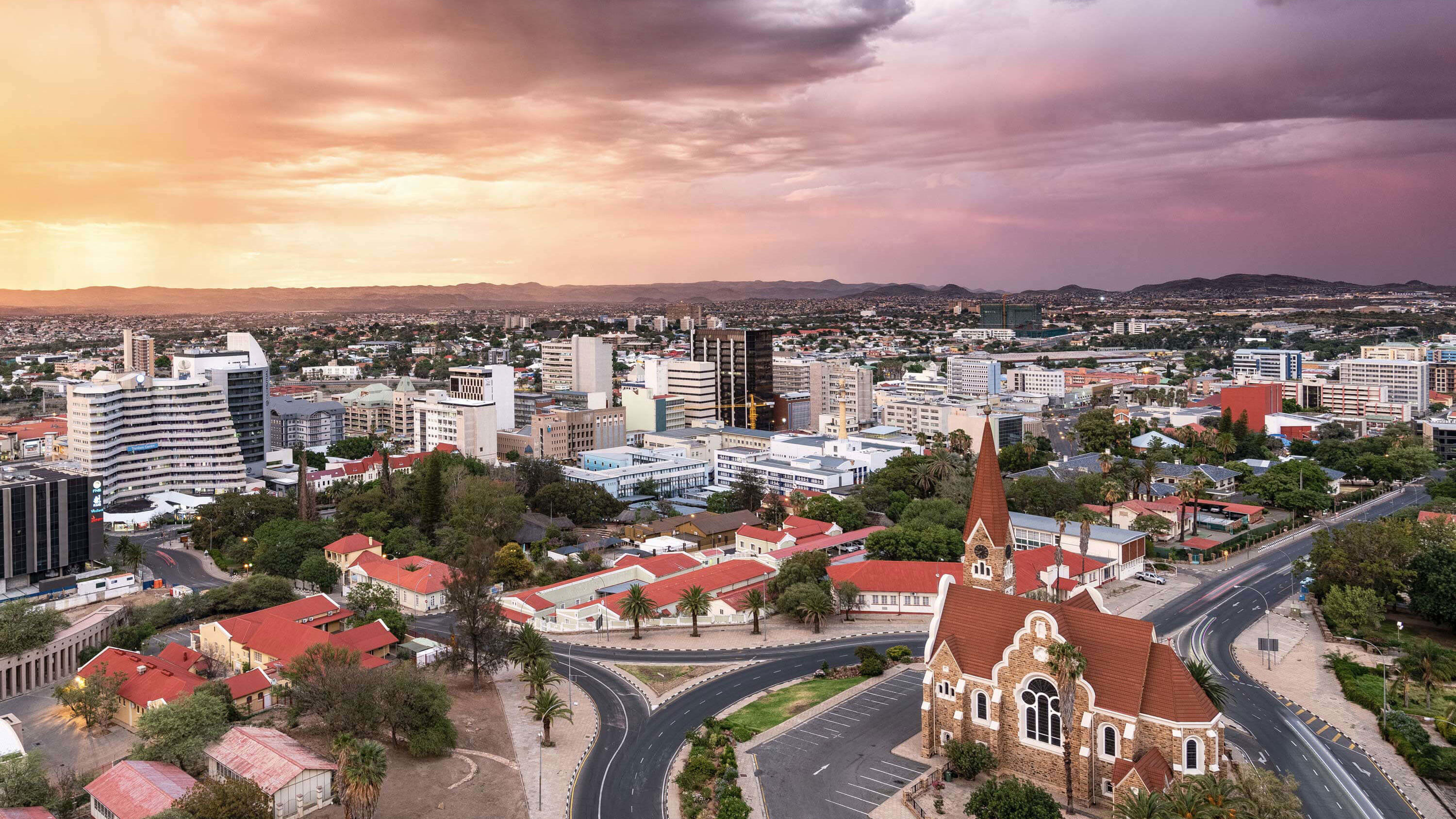There are a variety of land tenure systems currently in use across the African continent, with unique characteristics that bestow specific rights to the holder. Many of these rights are customary and not recognised by the registration law. This means that the current procedures and requirements for mapping don't comply with the needs of most citizens.
See the value of Africa's land
Geospatial data can help you establish land rights to fuel socio-economic growth and achieve a more sustainable and equal nation

Many African countries are struggling to cope with the demand for registering land transactions which is intensified by the rapid changing patterns of land use associated with accelerated growth.
Land accounts for a significant proportion of total financial value worldwide, as gross domestic product and stored in assets.
Providing people with legal land rights can lift them out of poverty by offering collateral for securing loans. This stimulates further economic activity.
Land rights can also support gender equality, fight climate change and improve citizen services.

Investing in Africa's land tenure means you can:
- Overcome land rights challenges in Africa.
- Reduce inconsistent record keeping from misplaced or lost documents, through the digitisation of landownership systems.
- Have security, with legitimate and legal property rights.
- Produce authoritative cadastral maps to form the basis of effective land administration and good governance.
For in-depth geospatial insights, download our report
Download report now (PDF)Read more insights
How geospatial innovation can boost your GDP and grow a stronger economy
With many nations facing economic recession due to reduced activity during lockdowns in the wake of the COVID-19 pandemic, governments around the world will be looking for ways to kickstart economic growth by facilitating digital innovation.
Unlocking capital: how property rights drive sustainable economic development
Property rights are critical to building a strong economy. If a citizen has secure land tenure, they will have access to credit, which releases "dead capital" to recirculate around the economy.
How securing indigenous land rights can help to fight climate change
Securing land rights for indigenous communities is a low-cost, high-benefit investment in the fight against climate change, and geospatial readiness is a key enabler for establishing them.
Namibia improves land management processes to accelerate sustainable economic growth
We created a feasibility study to help Namibia strengthen its land management processes.
Related information
Grow your economy
Drive economic growth, technological innovation, and sustainable development with geospatial information.
Resilience
How location data can help safeguard against natural and human threats.
Sustainability
Meet your sustainable development goals. Use geospatial data to put sustainable development measures in place and help protect your people, the planet and prosperity.
Citizen-centred city
How geospatial data can help you build a smart, citizen-centred city.
Urbanisation
See how geospatial data can help overcome urban poverty and build fair, prosperous and sustainable cities.




